H.R. 484: Food Deserts Act
The Food Deserts Act aims to address the issue of food deserts in the United States, which are areas where residents have limited access to affordable and nutritious food. Here’s a breakdown of the main elements of what the bill proposes:
1. Grant Program for States
The bill directs the Secretary of Agriculture to create a grant program through which States can obtain funds. These funds are meant to support the establishment and operation of grocery stores in underserved communities. Specifically, the program will provide:
- Capitalization grants for states to create revolving funds.
- Revolving funds that states can use to make loans for grocery store projects.
2. Purpose of Revolving Fund
The funds from the revolving fund can be used for various purposes, including:
- Opening new grocery stores in underserved areas (note: funds cannot be used for new construction).
- Supporting the operations of existing grocery stores.
- Improving access to healthy food within these communities.
3. Eligibility Criteria for Loans
States can only provide loans to entities that meet specific criteria, such as:
- Being a grocery store or planning to become one.
- Emphasizing healthful, unprocessed foods and providing staple foods such as fruits and vegetables.
- Maintaining affordable prices that are at or below market value.
- Demonstrating qualifications to operate a grocery store or having partnerships for technical assistance.
4. Prioritization of Applications
States are encouraged to prioritize loan applications from entities that:
- Hire local residents from the underserved community.
- Offer classes on healthful diets.
- Source food from local farms.
- Have established connections with the grocery supply chain.
5. Loan Administration and Repayment
The bill also outlines how loans should be managed:
- States will administer the revolving fund and ensure the loans are made at or below market interest rates, with the potential for interest-free loans.
- Loans must be repaid with established sources of revenue within specified time frames.
- States may charge a small administrative fee (up to 4% of the loan amount).
6. Technical Assistance
The Secretary of Agriculture is responsible for providing technical assistance to those receiving loans to help with food sourcing and operational needs.
7. Bankruptcy Provisions
In case a loan recipient files for bankruptcy, amounts owed from loans will take precedence over other debts.
8. Funding and Authorization
The bill authorizes the appropriation of $150 million for the fiscal year 2026 to support the program and its activities.
9. Definitions
The bill includes definitions for various key terms, such as:
- Capitalization grant: A grant made to a State to fund the program.
- Underserved community: Areas defined by limited access to healthy food options.
- Revolving fund: A fund established by States specifically to support this initiative.
Relevant Companies
None found
This is an AI-generated summary of the bill text. There may be mistakes.
Sponsors
65 bill sponsors
-
TrackAndré Carson

Sponsor
-
TrackNanette Diaz Barragán
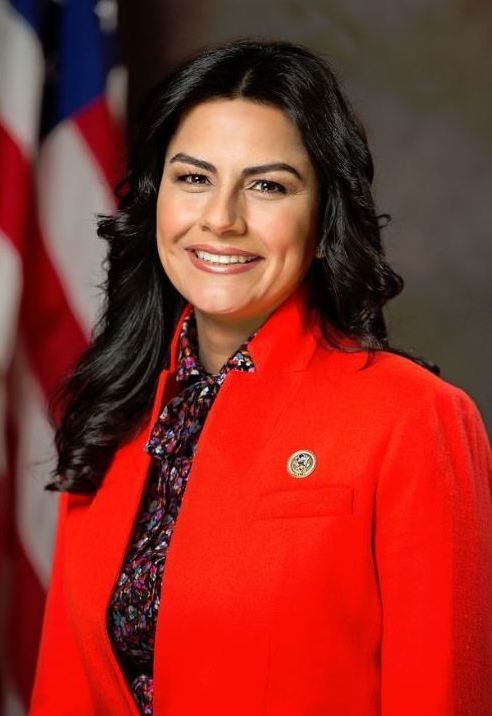
Co-Sponsor
-
TrackJoyce Beatty
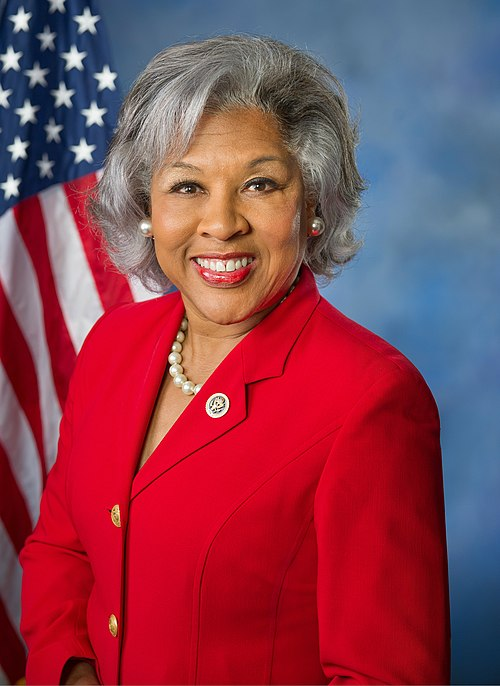
Co-Sponsor
-
TrackWesley Bell
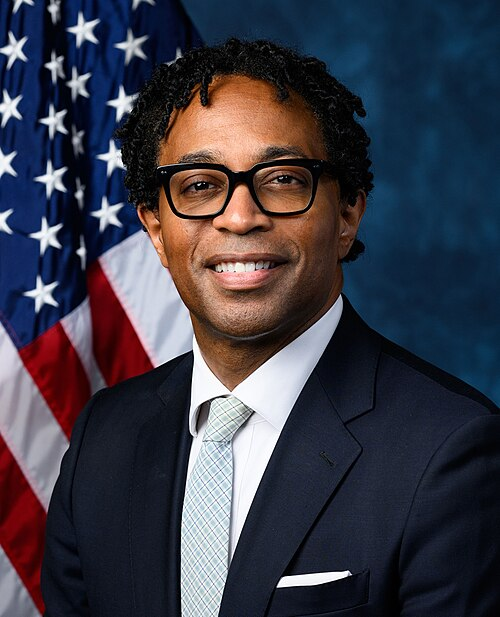
Co-Sponsor
-
TrackNikki Budzinski
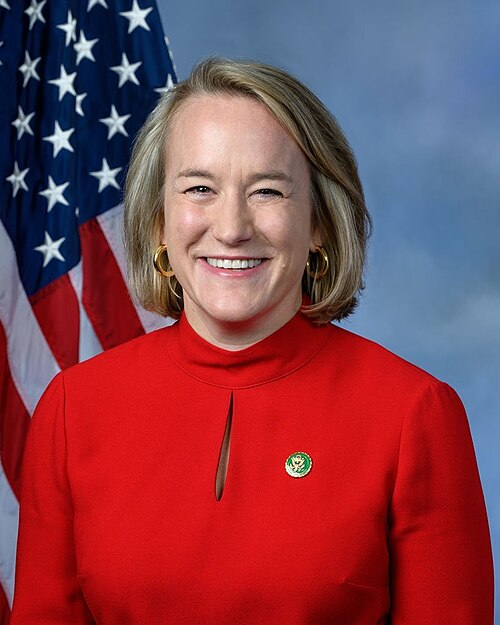
Co-Sponsor
-
TrackTroy A. Carter

Co-Sponsor
-
TrackSean Casten
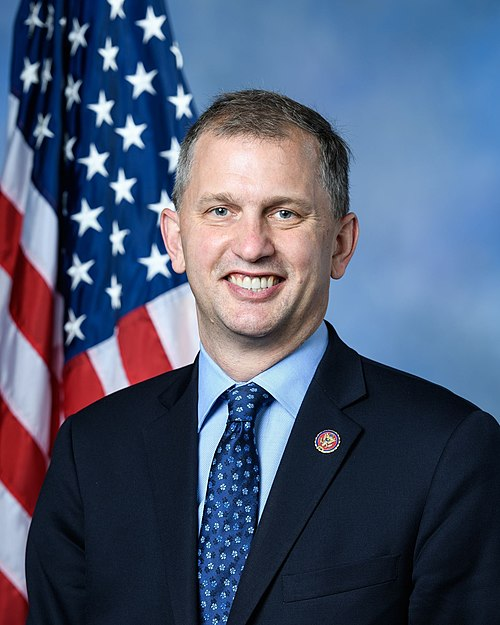
Co-Sponsor
-
TrackSheila Cherfilus-McCormick

Co-Sponsor
-
TrackYvette D. Clarke

Co-Sponsor
-
TrackEmanuel Cleaver

Co-Sponsor
-
TrackSteve Cohen

Co-Sponsor
-
TrackGerald E. Connolly

Co-Sponsor
-
TrackJasmine Crockett

Co-Sponsor
-
TrackDanny K. Davis

Co-Sponsor
-
TrackMark DeSaulnier
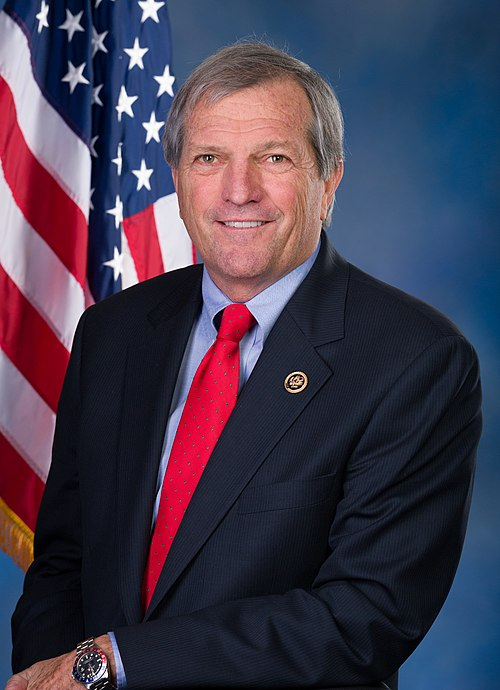
Co-Sponsor
-
TrackDebbie Dingell

Co-Sponsor
-
TrackLloyd Doggett

Co-Sponsor
-
TrackVeronica Escobar
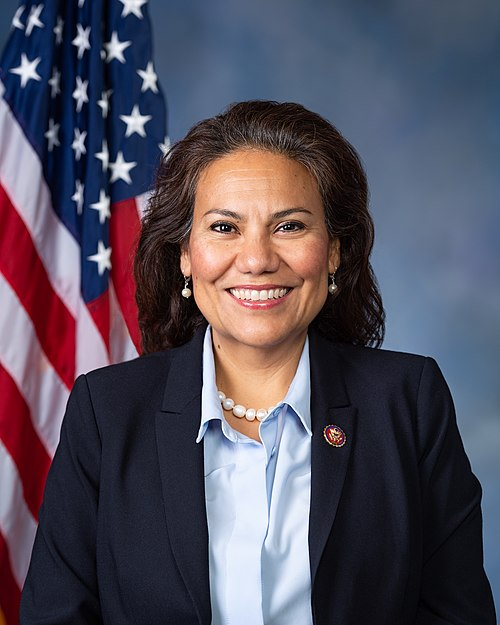
Co-Sponsor
-
TrackCleo Fields

Co-Sponsor
-
TrackJohn Garamendi

Co-Sponsor
-
TrackSylvia R. Garcia
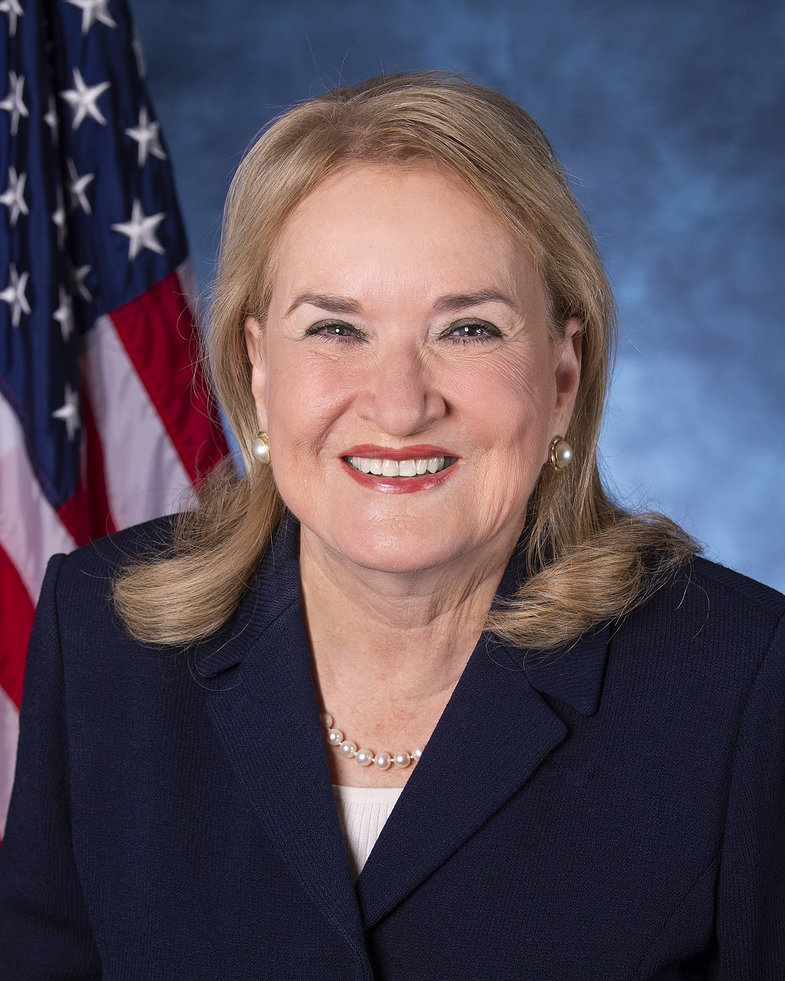
Co-Sponsor
-
TrackJesús G. "Chuy" García
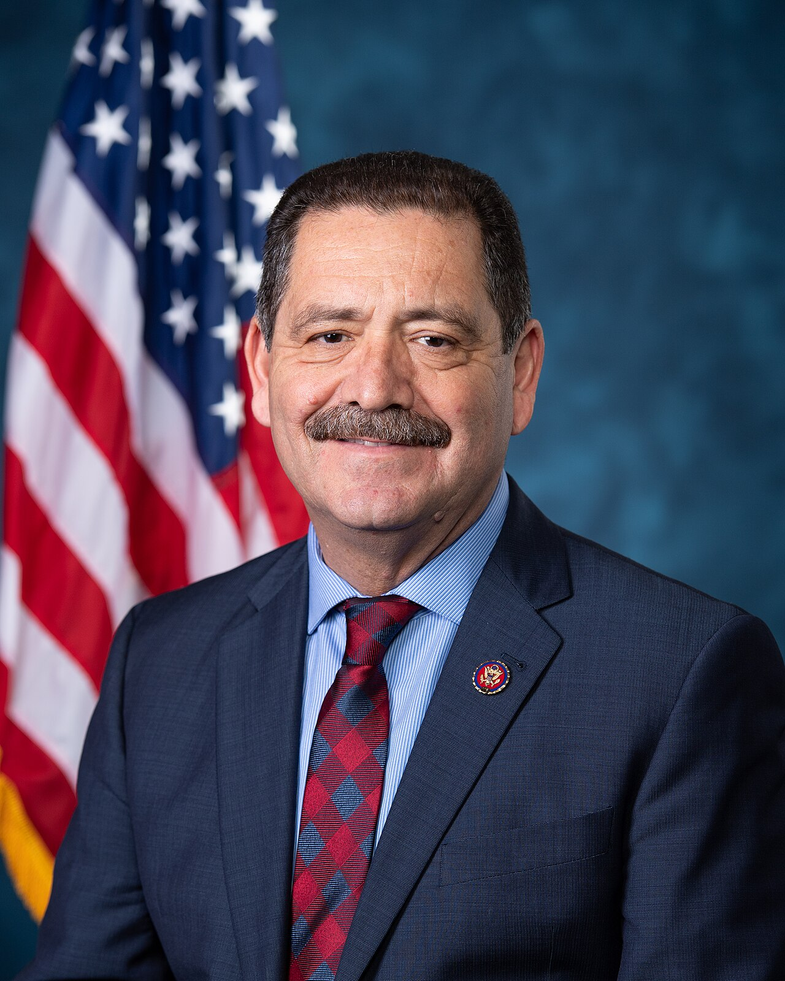
Co-Sponsor
-
TrackDaniel S. Goldman
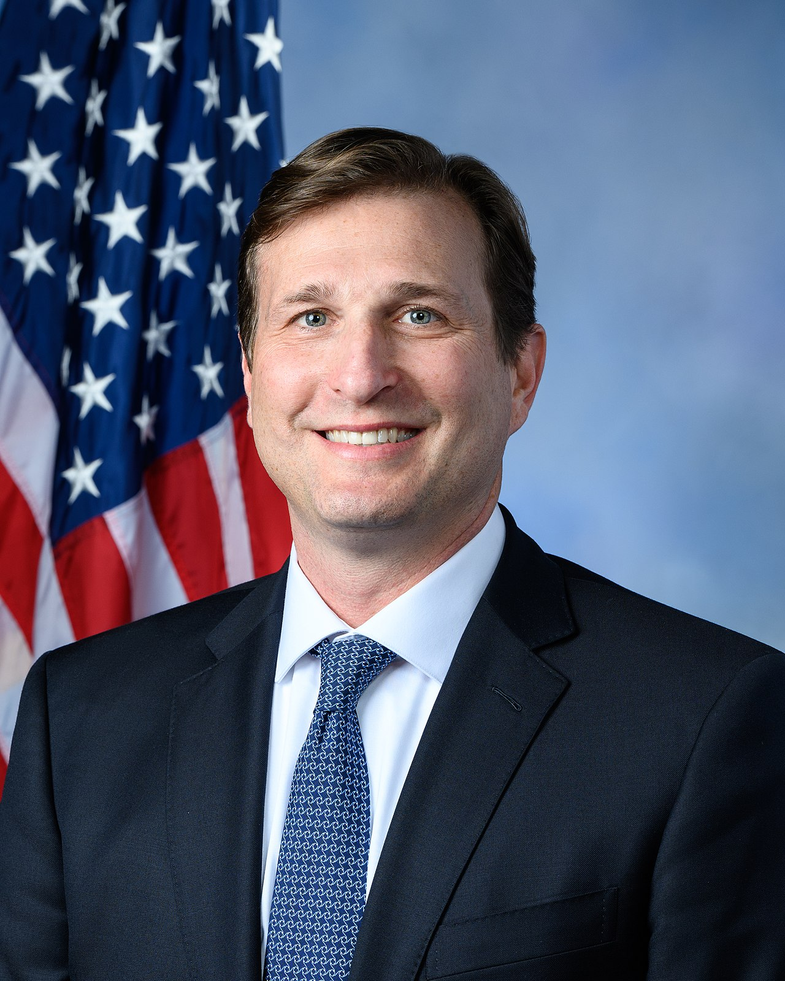
Co-Sponsor
-
TrackJosh Gottheimer

Co-Sponsor
-
TrackAl Green

Co-Sponsor
-
TrackSteven Horsford
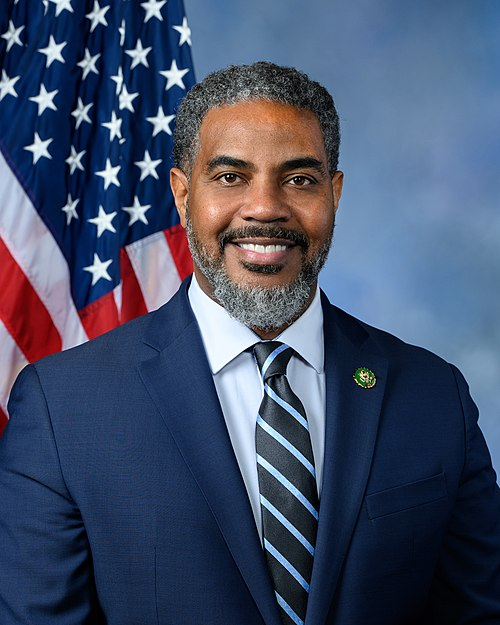
Co-Sponsor
-
TrackJonathan L. Jackson

Co-Sponsor
-
TrackHenry C. "Hank" Johnson, Jr.

Co-Sponsor
-
TrackWilliam R. Keating

Co-Sponsor
-
TrackRo Khanna

Co-Sponsor
-
TrackRaja Krishnamoorthi
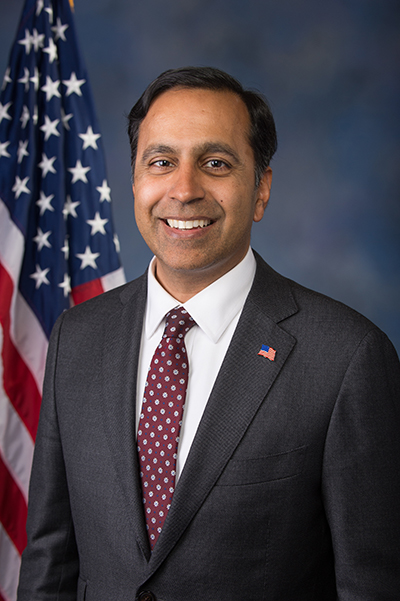
Co-Sponsor
-
TrackGreg Landsman

Co-Sponsor
-
TrackJohn B. Larson

Co-Sponsor
-
TrackGeorge Latimer
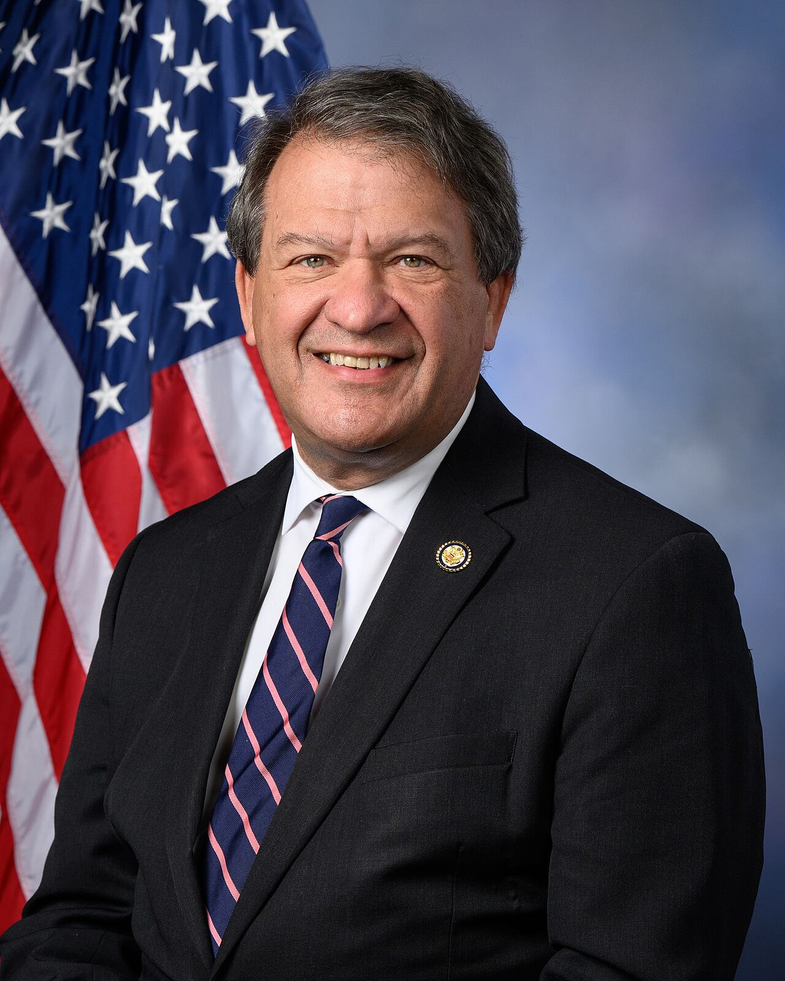
Co-Sponsor
-
TrackStephen F. Lynch
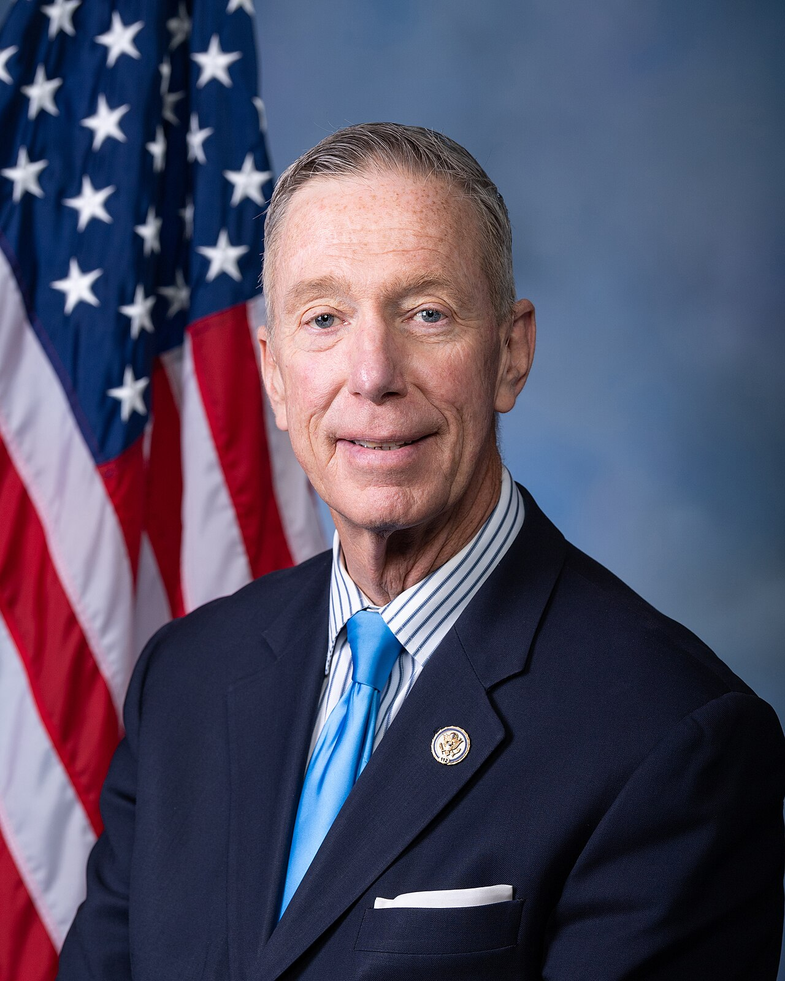
Co-Sponsor
-
TrackApril McClain Delaney
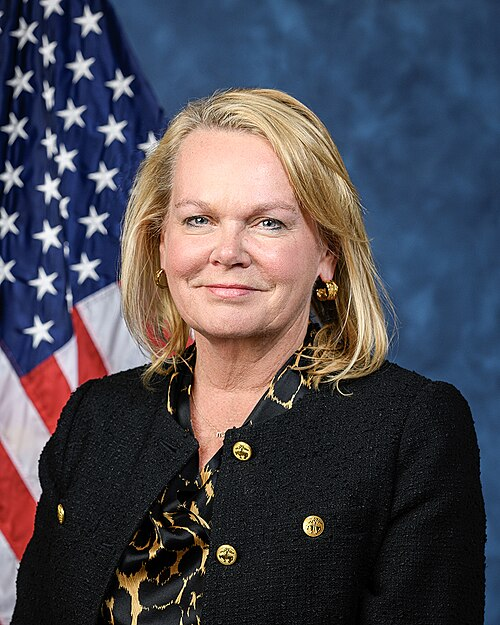
Co-Sponsor
-
TrackLaMonica McIver

Co-Sponsor
-
TrackKweisi Mfume

Co-Sponsor
-
TrackSeth Moulton
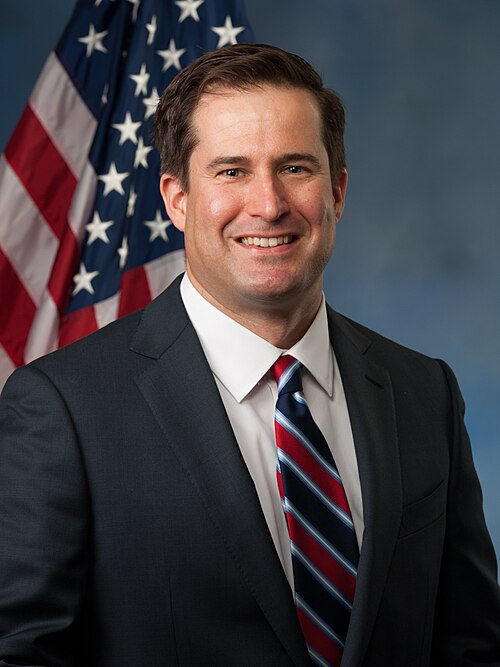
Co-Sponsor
-
TrackFrank J. Mrvan
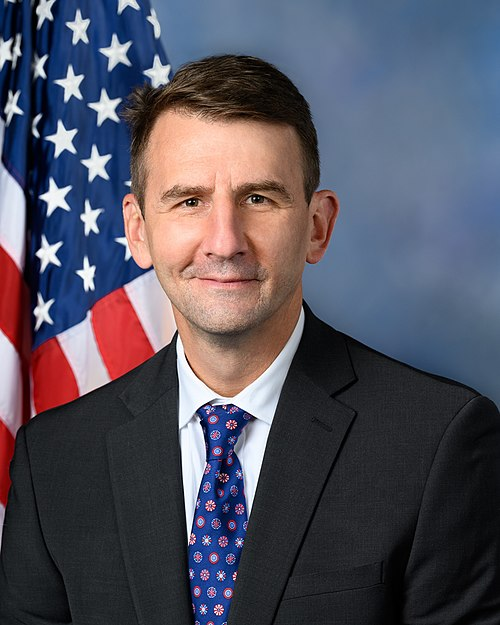
Co-Sponsor
-
TrackKevin Mullin
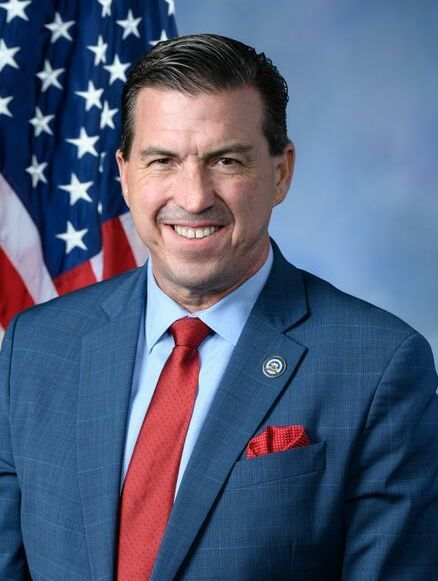
Co-Sponsor
-
TrackEleanor Holmes Norton

Co-Sponsor
-
TrackBrittany Pettersen
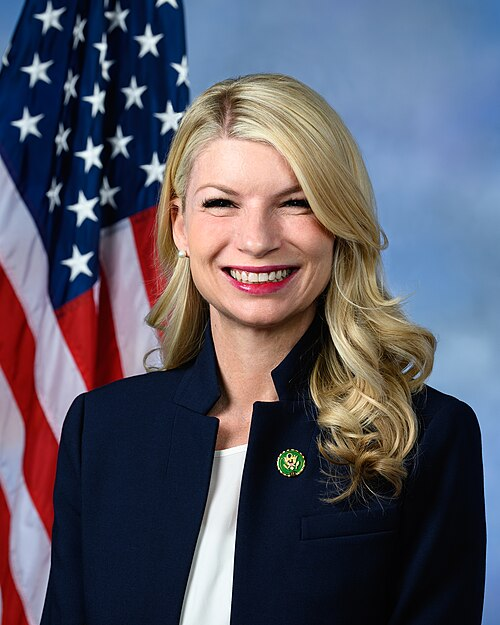
Co-Sponsor
-
TrackDelia C. Ramirez
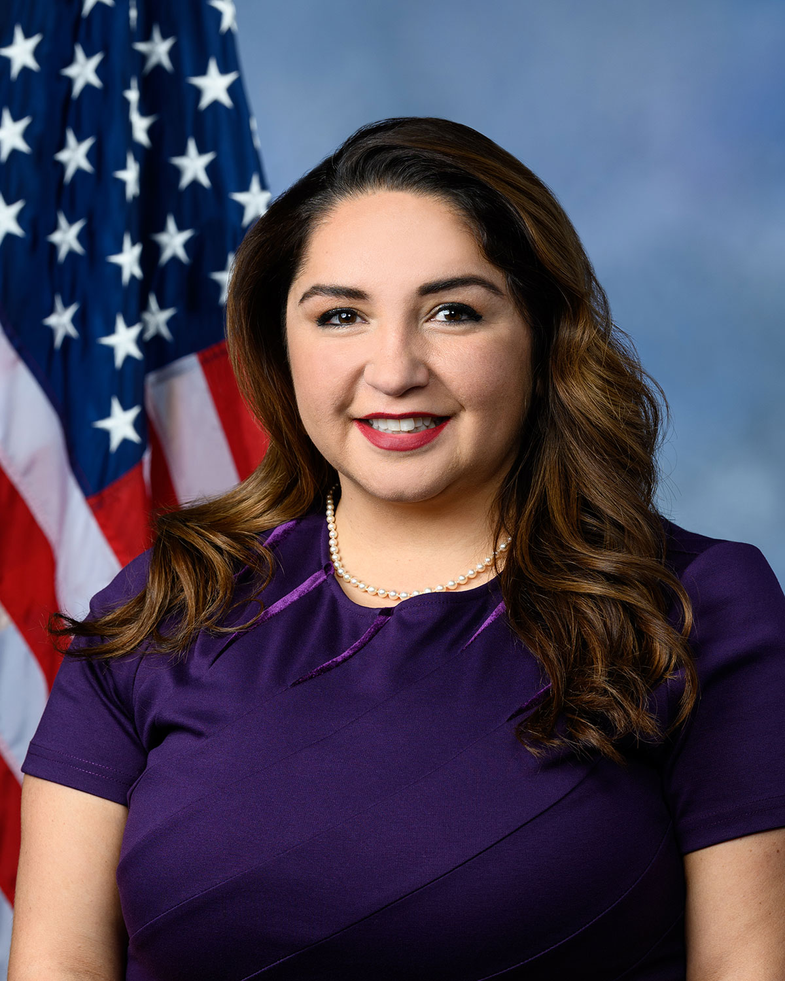
Co-Sponsor
-
TrackDeborah K. Ross
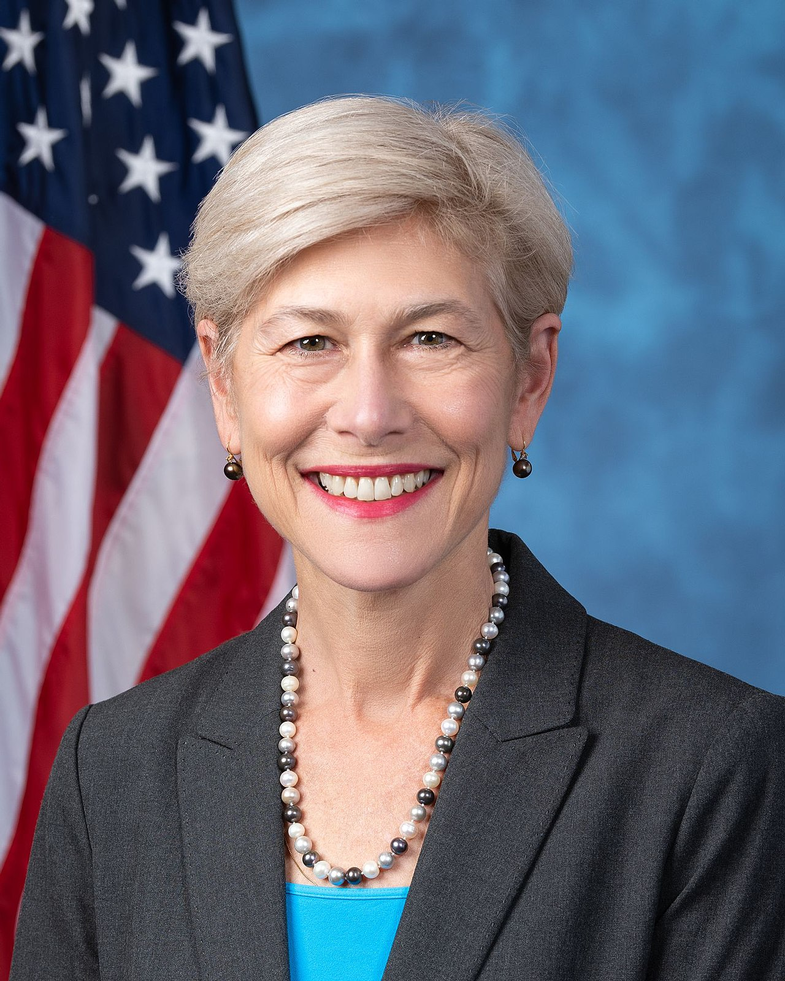
Co-Sponsor
-
TrackMary Gay Scanlon
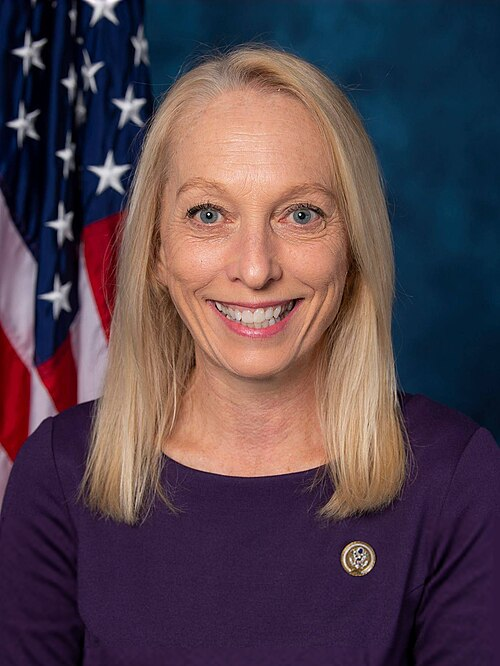
Co-Sponsor
-
TrackJanice D. Schakowsky

Co-Sponsor
-
TrackHillary J. Scholten
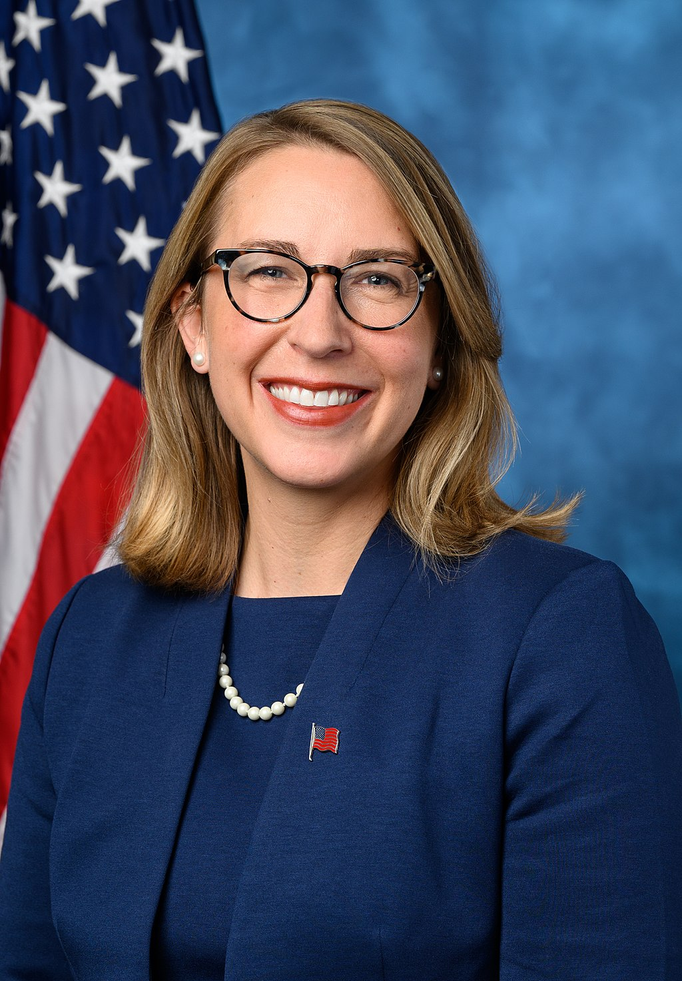
Co-Sponsor
-
TrackTerri A. Sewell

Co-Sponsor
-
TrackLateefah Simon

Co-Sponsor
-
TrackAdam Smith
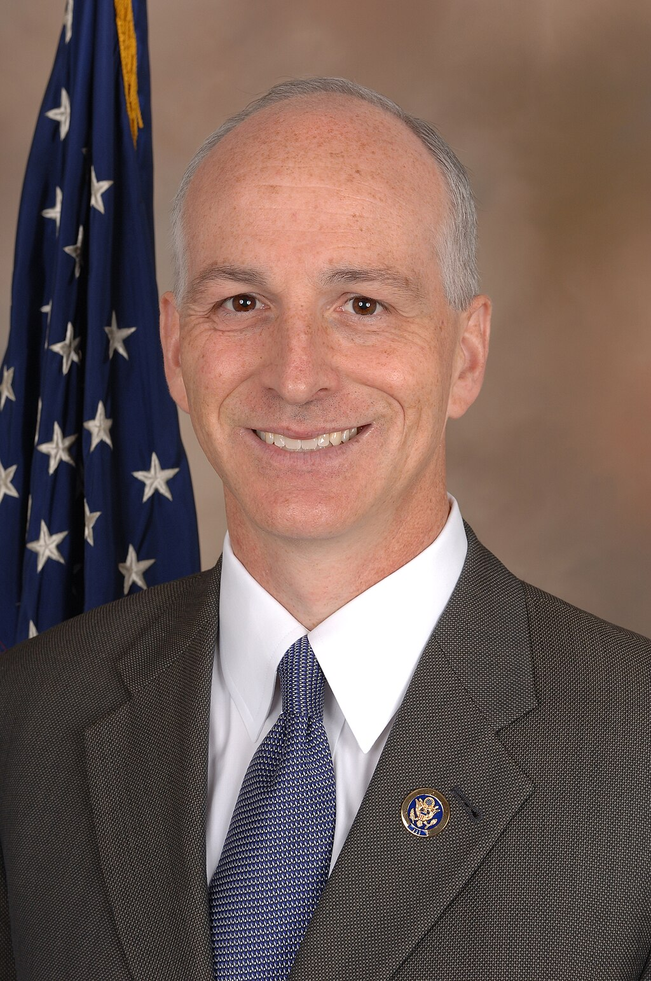
Co-Sponsor
-
TrackDarren Soto
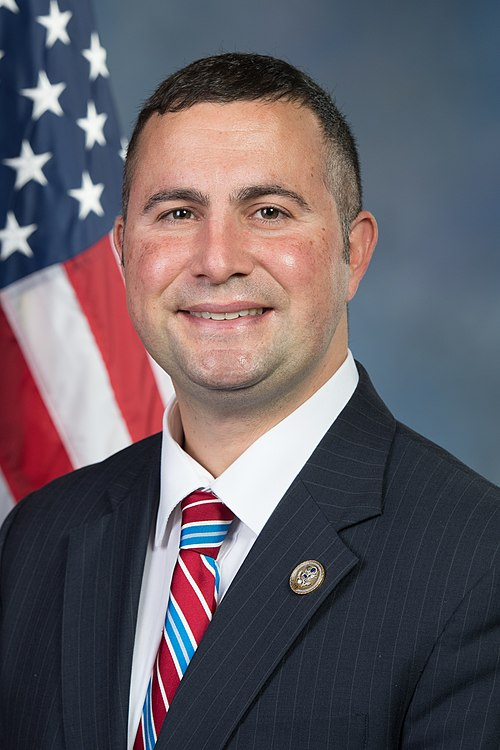
Co-Sponsor
-
TrackMelanie A. Stansbury
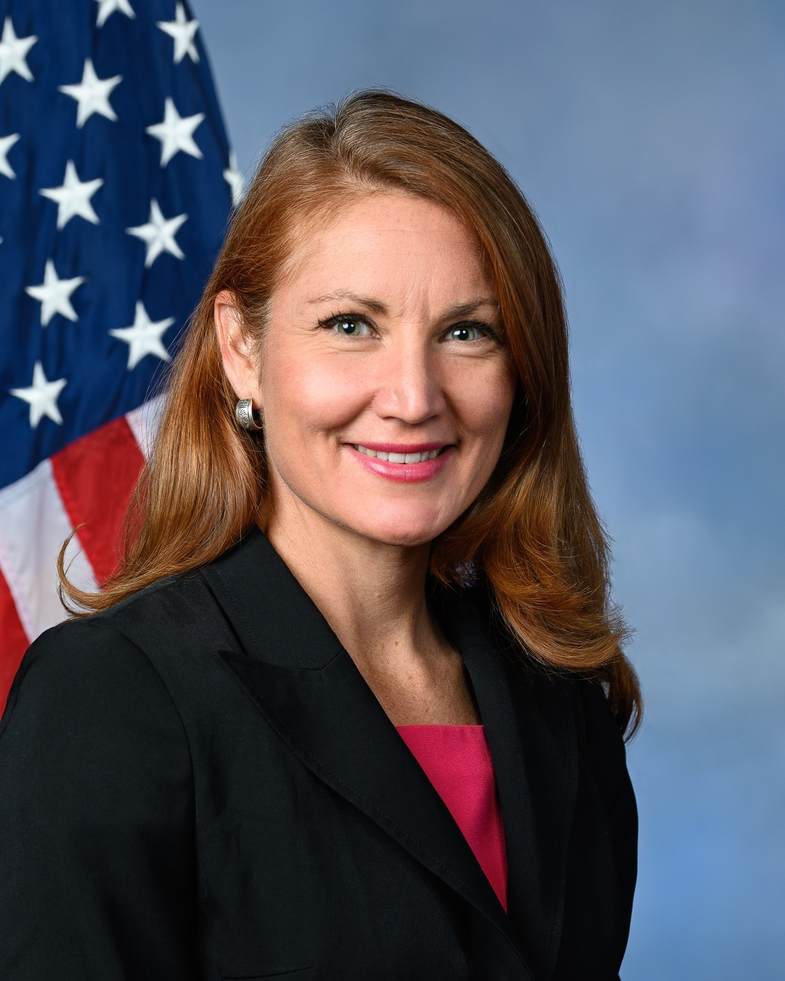
Co-Sponsor
-
TrackHaley M. Stevens

Co-Sponsor
-
TrackMark Takano
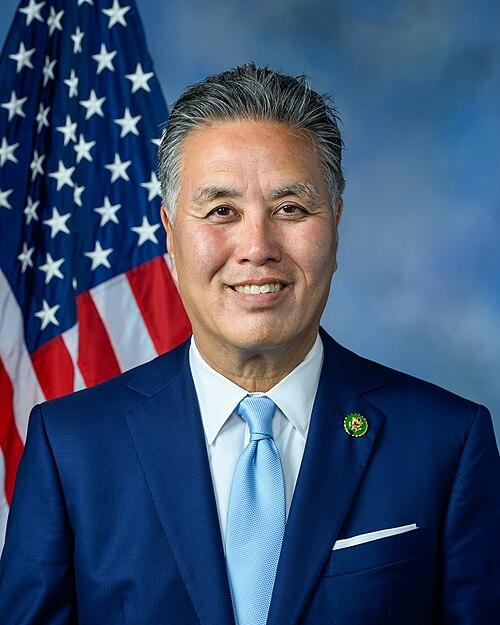
Co-Sponsor
-
TrackShri Thanedar

Co-Sponsor
-
TrackBennie G. Thompson

Co-Sponsor
-
TrackDina Titus
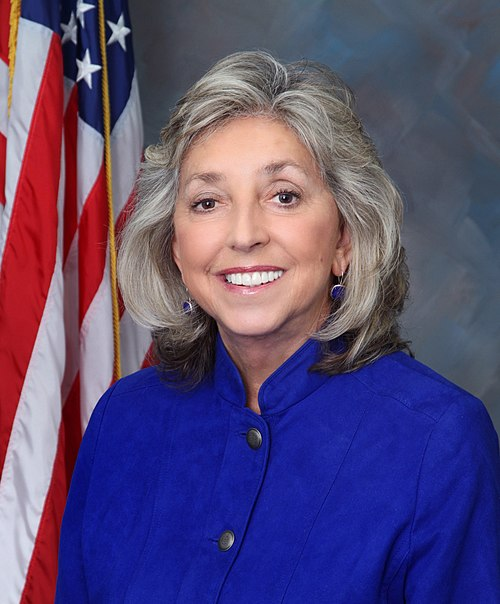
Co-Sponsor
-
TrackRashida Tlaib
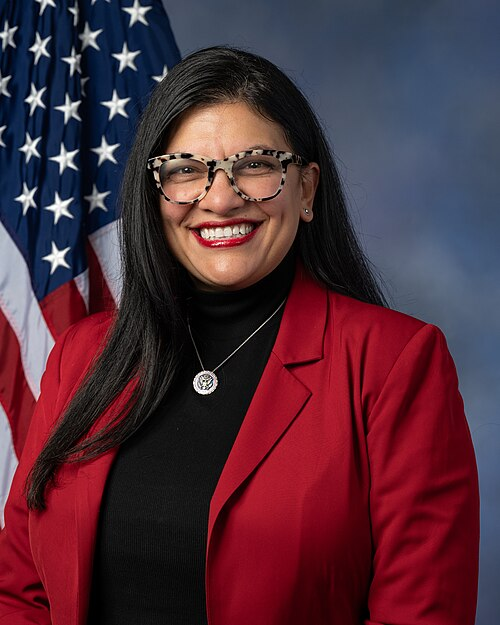
Co-Sponsor
-
TrackJill N. Tokuda
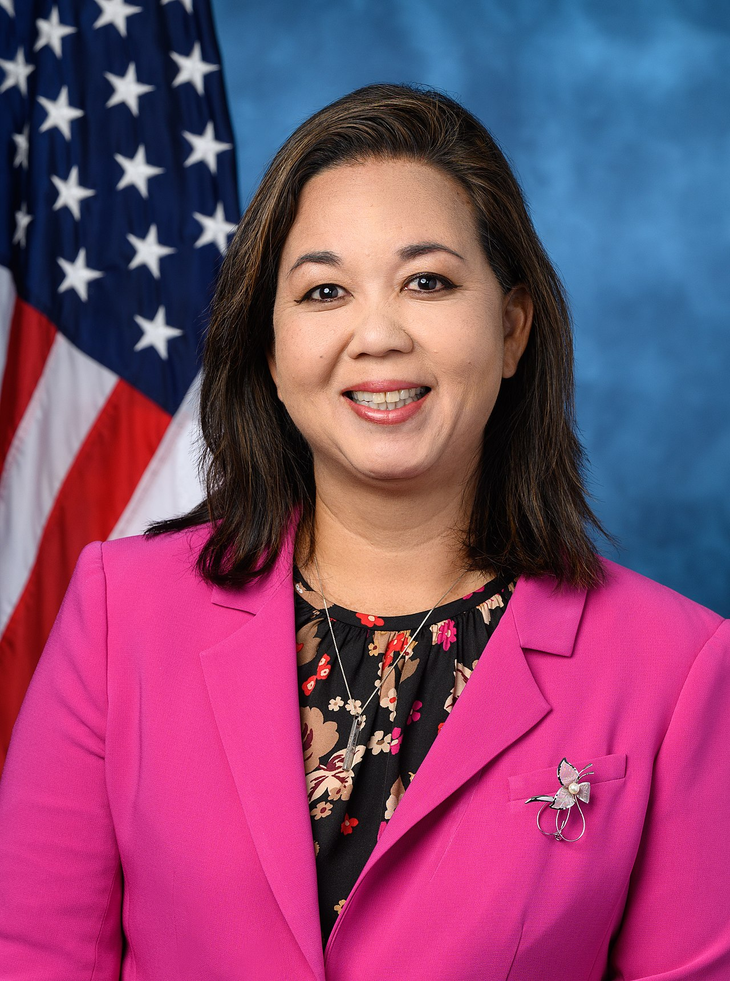
Co-Sponsor
-
TrackPaul Tonko
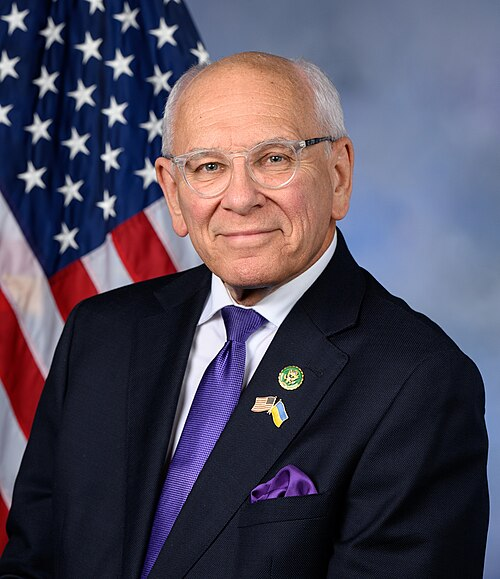
Co-Sponsor
-
TrackRitchie Torres

Co-Sponsor
-
TrackJuan Vargas
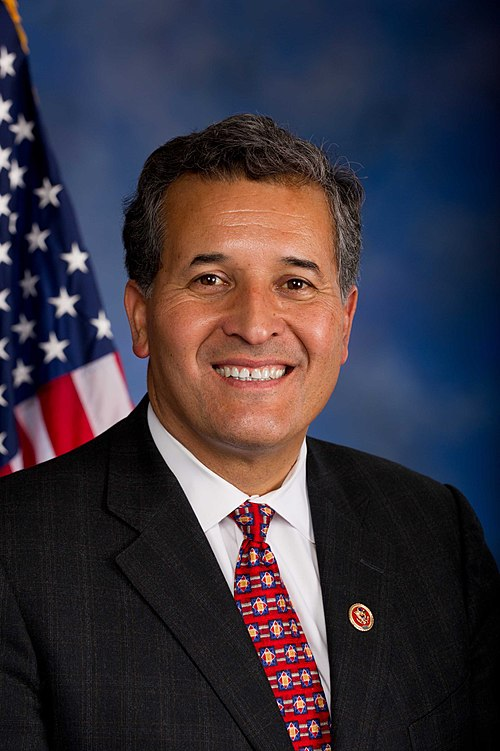
Co-Sponsor
-
TrackNydia M. Velázquez
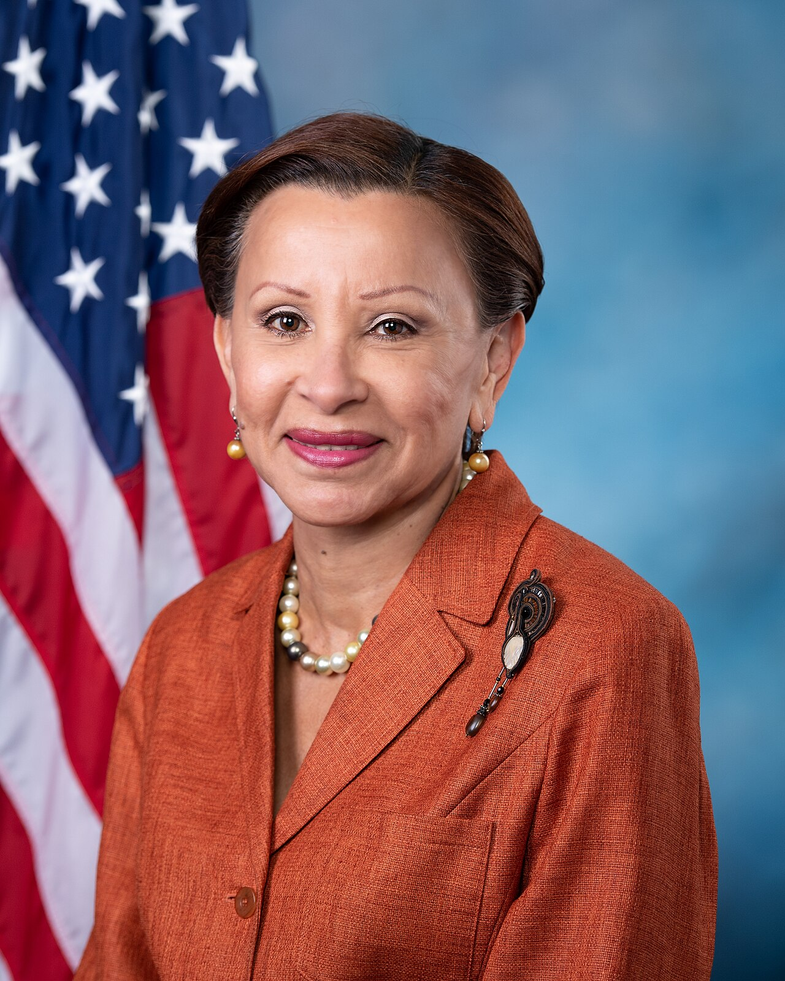
Co-Sponsor
-
TrackBonnie Watson Coleman
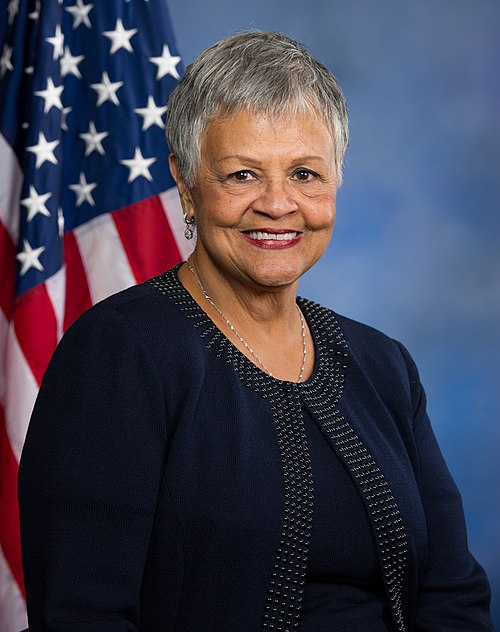
Co-Sponsor
Actions
5 actions
| Date | Action |
|---|---|
| Feb. 14, 2025 | Referred to the Subcommittee on Commodity Markets, Digital Assets, and Rural Development. |
| Feb. 14, 2025 | Referred to the Subcommittee on Nutrition and Foreign Agriculture. |
| Jan. 16, 2025 | Introduced in House |
| Jan. 16, 2025 | Referred to the House Committee on Agriculture. |
| Jan. 16, 2025 | Sponsor introductory remarks on measure. (CR E41) |
Corporate Lobbying
0 companies lobbying
None found.
* Note that there can be significant delays in lobbying disclosures, and our data may be incomplete.
Potentially Relevant Congressional Stock Trades
No relevant congressional stock trades found.